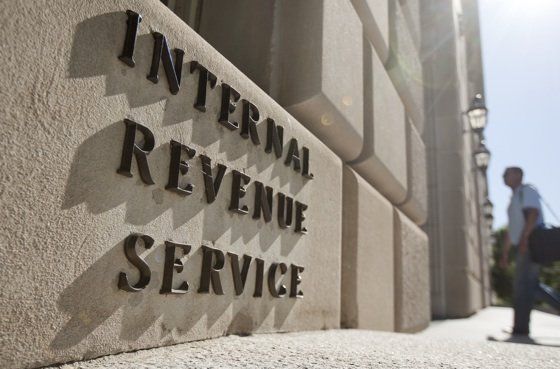An increasing workload for the U.S. Internal Revenue Service combined with reduced funding for the agency pose the “most serious problem” facing taxpayers, according to the national taxpayer advocate.
In her annual report to Congress today, advocate Nina Olson told lawmakers that cutting the IRS's budget while making frequent changes to the U.S. tax code poses difficulties for the agency in enforcing tax laws and collecting revenue. Lawmakers agreed last month to cut the agency's budget by 2.5 percent for fiscal 2012.
“The overriding challenge facing the IRS is that its workload has grown significantly in recent years while its funding is being cut,” Olson said in a press release. “This is causing the IRS to resort to shortcuts that undermine fundamental taxpayer rights and harm taxpayers and at the same time reduces the IRS's ability to deliver on its core mission of raising revenue.”
The IRS's budget struggles reflect differences between the Obama administration and congressional Republicans. Obama has pressed for an increase in the agency's budget so it can help implement the 2010 health-care law. Most Republicans are opposed to that law and many support lower corporate and individual tax rates.
Michelle Eldridge, an IRS spokeswoman, said the budget cuts won't hurt the agency's relationship with taxpayers.
RELATED ITEM States with the highest tax rates »
“The link described in the report between a challenging budget environment and alleged erosions in taxpayer rights is inaccurate and without basis in fact,” Eldridge said in a statement.
Olson operates as an autonomous figure within the IRS, working on behalf of taxpayers to resolve conflicts with the agency. Her report is prepared independently and submitted to Congress under a 1998 law that expanded taxpayers' rights when dealing with the IRS.
The IRS responded to the budget cuts in November by offering buyouts to 5,400 employees. Doug Shulman, the IRS commissioner, said reducing the agency's budget will prevent it from collecting the revenue needed to narrow the U.S. budget deficit.
“We're pretty unique since we actually raise the funds needed to run the government,” Shulman said Nov. 8 at a conference sponsored by the American Institute of Certified Public Accountants in Washington. “If you're going to have a conversation about the deficit, you shouldn't cut our budget.”
Payroll Tax Cut
The U.S. tax code has become more complex as Congress makes temporary changes that come up for renewal with regularity. Lawmakers agreed in December to extend a 2 percentage point payroll tax cut through February so they can have more time to debate a yearlong extension. Congress also will revisit the expiring 2001 and 2003 tax cuts at the end of this year.
Such changes make it tougher for taxpayers to figure out what they owe and complicate the IRS's collection efforts, the report said.
“Frequent and late-year tax law changes add to the IRS's workload and increase taxpayer burden,” according to the report.
Olson said the IRS is struggling to prevent tax fraud. An internal computer system detected more than 1 million tax returns in 2011 that might have been fraudulent, a 72 percent increase from 2010, she said.
--Bloomberg News--







